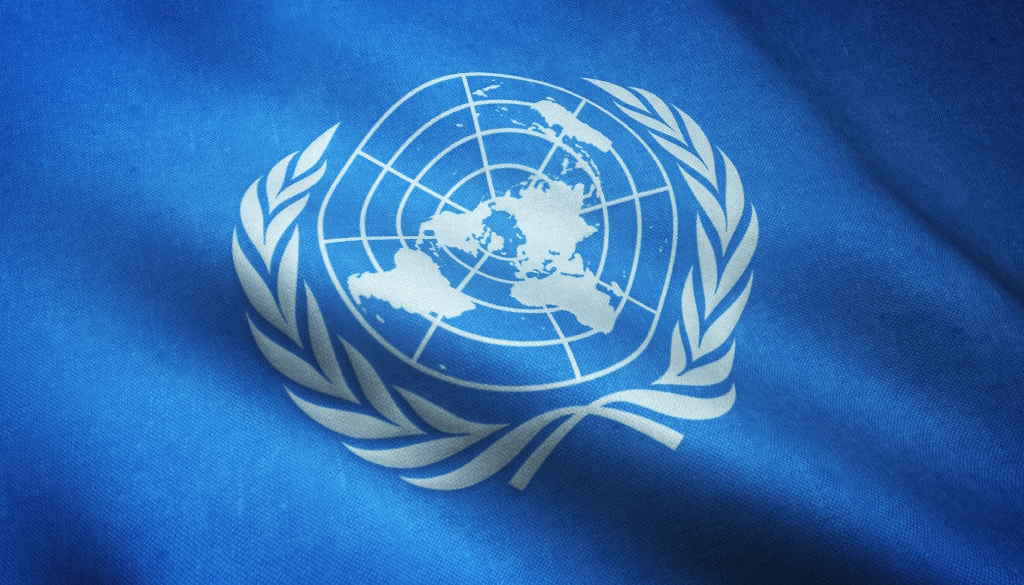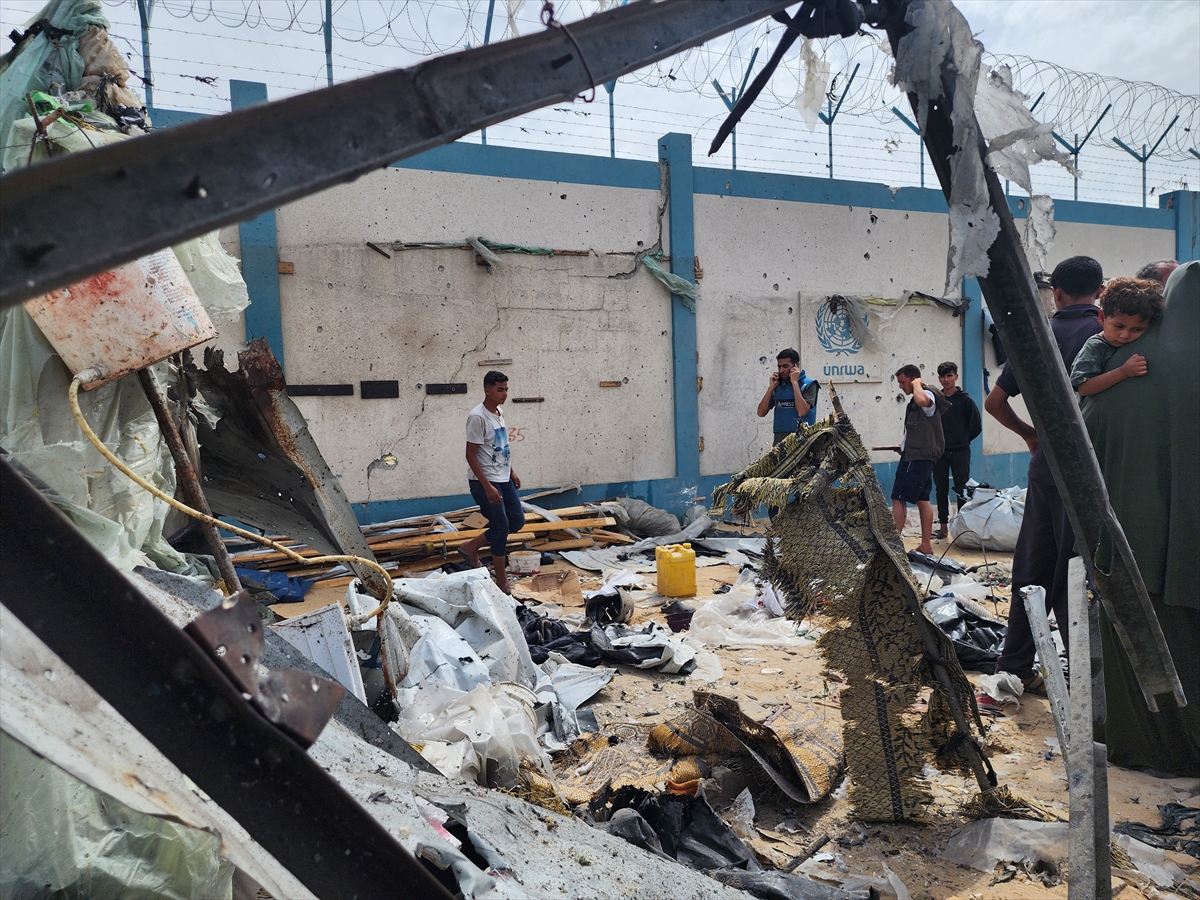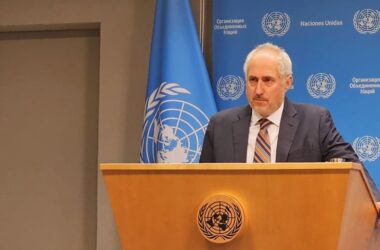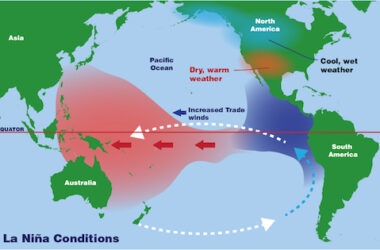(UNITED NATIONS), Goksu Sahin – The World Health Organization (WHO) is preparing for an Israeli military operation in Rafah, Dr. Ahmed Dahir, the WHO representative in Gaza, said Tuesday.
He said the current situation in Gaza has reached an “unprecedented level of emergency” and that Israel’s recent evacuation order has forced tens of thousands to flee, adding that they have set up a large warehouse in Deir Al Balah and are moving most of the supplies to ensure rapid access and movement of supplies to Khan Younis, the central region and northern Gaza.
Hospitals already ‘overcrowded
There are currently three hospitals in Gaza that have been supported by WHO in recent weeks.
Dr. Dahir highlighted the overcrowding in the hospitals, citing the example of Al-Najjar Hospital, which serves more than 100 dialysis patients. “Unfortunately, the hospital is located in one of the blocks ordered to be evacuated by the Israeli government, so patients are afraid to seek services, and we hear that many patients admitted to this hospital have started to leave the hospital,” he added.
In a recent press conference, UN Spokesperson Dujarric stated that Israel has demanded the immediate evacuation of Al-Najjar Hospital in Rafah, noting that the hospital has the only functioning dialysis center in Gaza, which is a lifeline for at least 200 patients.
Regarding pregnant women and newborns, Dr. Dahir said that the Emirate Maternity Hospital is one of the most important maternity hospitals in Gaza, where more than 100 babies are born every month.
“We make sure that the hospital is full. If we lose access to the hospital, we can refer pregnant mothers to field hospitals in the Al Mawasi area and the Nasser Medical Complex.”
Fuel reduction
At the same time, a UN official in the region said on Tuesday that fuel critical to humanitarian operations in Gaza could run out on Wednesday and that some food stocks could only last until the end of the week.
Andrea De Domenico, head of OCHA, the U.N. humanitarian office in the occupied Palestinian territory, said the closure of the Rafah border crossing with Egypt has cut off access to fuel, affected the entry of critical supplies and restricted the movement of aid workers. She said they hope the Israelis will find a way to bring in more fuel, but if Rafah is caught in the middle of a possible military operation, fuel distribution will be difficult.
Communication Networks Disrupted
De Domenico said communications companies do not have access to the fuel they need to maintain their networks.
“This means that in a few days people will not have access to information, we will not be able to gather information to understand people’s needs, and families will not be able to connect if they are displaced.”
Unconditional shelter
People are being forced to move to areas without toilets, access to water, proper drainage to allow water to drain in a controlled manner, or shelter. Shelter partners in Gaza have only 1,500 tents. This is not enough even for people whose homes have been destroyed in Gaza, forcing people leaving Rafah to seek shelter in less sanitary conditions.
He added that more than 75 percent of Gaza’s population has been displaced and that all survivors now have no choice but to live on a much smaller and shrinking land mass.
Food distribution suspended
In addition, food distributions in the south have not taken place since Monday, as most of the food warehouses in the area are located in the conflict-affected part of Rafah.
Water is running out, waste is increasing
De Domenico pointed out that without fuel, the main water production in the north would stop and the entire population would be deprived of access to drinking water. This will also happen in the south and central regions in the coming days, affecting 1.9 million people.
They also mentioned another important issue that depends on the fuel supply: Waste management.
According to information received, there may be a major problem with solid waste collection. After the reduction of waste collection points in the south, it is estimated that 1,400 tons of garbage will accumulate on the streets every day due to the lack of a place to dump it.
Photo: AA



 UN
UN 




